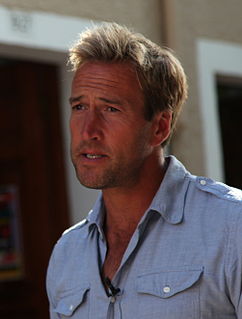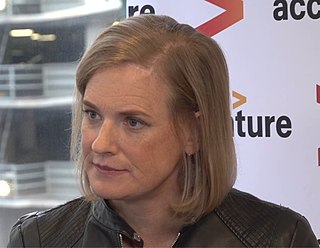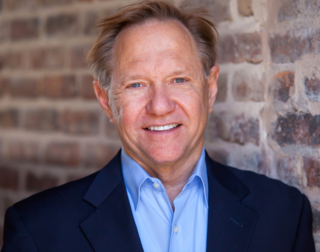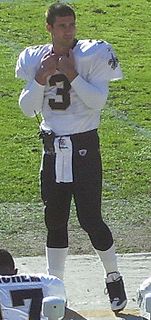A Quote by Dave Ulrich
Being an effective leader is enormously complex. It requires vision to see a future, dedication to make things happen, sensitivity to people who are quirky at times, and personal confidence without arrogance.
Related Quotes
My point is that the great challenge of an artist is to balance those two things: to be strong enough to have your own personal vision that you will put on the page or the canvas or the screen, no matter what people say, but it requires a radical sensitivity. You have to be completely open to what the world is telling you, to what your audience tells you. And balancing those two things is nearly impossible.
As a servant leader the way you serve the vision is by developing people so that they can work on that vision even when you're not around. The ultimate sin of an effective servant leader is what happens when you are not there. That was the power of Jesus' leadership-the leaders He trained went on to change the world when He was no longer with them in bodily form.
To be an effective leader, you must be trustworthy. If people don’t trust you, they won’t follow you. And if they won’t follow you, your organization won’t meet its goals. Sandy Allgeier explains that personal credibility comes down to a simple truth: It’s not about the type of person you are; it’s about the types of things you do. If you want to be a great leader, read The Personal Credibility Factor.
I also love doing comedy. I just moved to L.A. last July. Before that, Vancouver is all about sci-fi, so I didn't get any comedy, whatsoever. But in L.A., people are like, "You don't look quirky enough," and I'm like, "I'm quirky. I'm the definition of quirky. How do you want me to look quirky." They have these little boxes that they put everyone in, so now I have to try to break the mold and get them to see me as being quirky.
People seem very arrogant when they say 'I'm right and you're wrong', but in practice we all believe we're right. We have a staggering arrogance in our own belief. That can be tempered by not being 100% certain; by being provisional. No matter what the debate is, very few people have the modesty to suspend judgement on a whole range of things; most intelligent people have an opinion and are expected to have an opinion by other people - but it always requires making a personal judgement that goes way-beyond your expertise. We do it all the time.



































